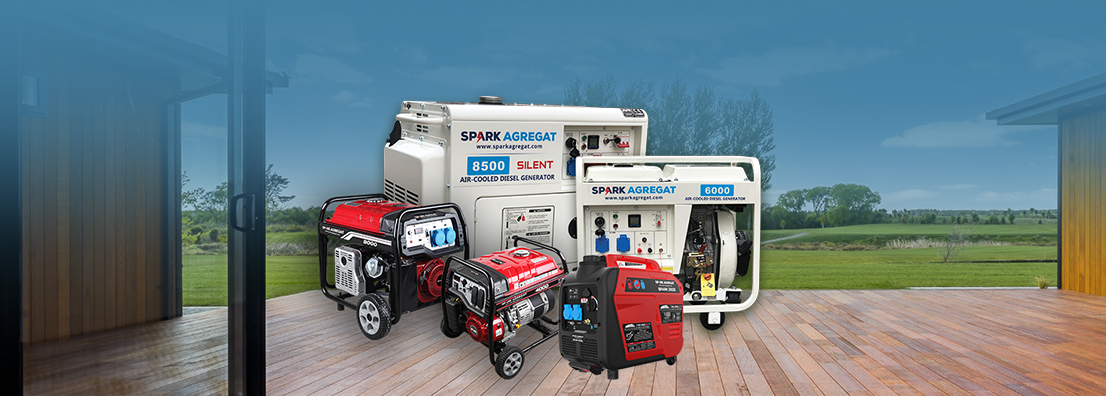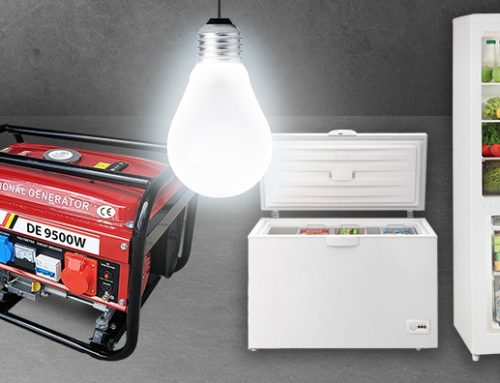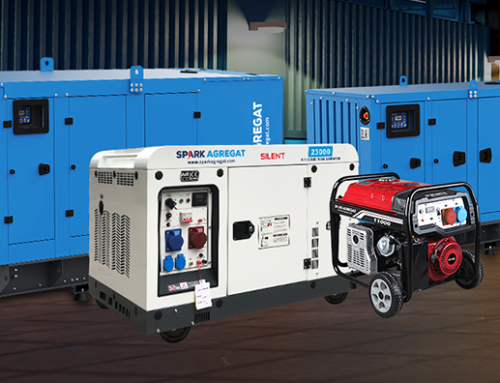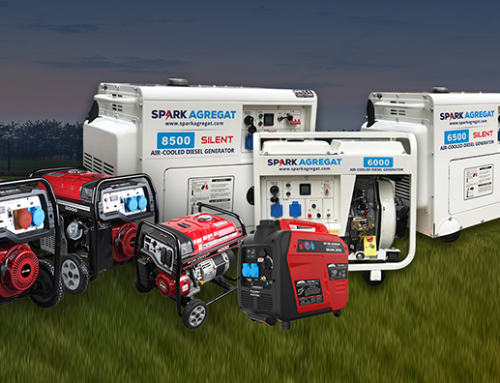Electric generators, commonly known as “electric power generators” , play a pivotal role in providing a reliable source of electricity for various applications. Whether used as backup power during outages, on construction sites, or for outdoor events, generators have become indispensable in our daily lives. In this comprehensive guide, we will delve into the world of generators, exploring their types, applications, key features, and factors to consider when selecting the right one for your needs.
Introduction: Understanding Electric Generators
Electric generators, at their core, represent marvels of engineering that seamlessly transform mechanical energy into a vital currency—electricity. The underlying principle governing their functionality is rooted in the captivating world of electromagnetic induction, an ingenious process that involves a dynamic interplay between magnetic fields and conductors. As a conductor gracefully maneuvers through a magnetic field, the intricate dance results in the generation of an electric current.
The beauty of electric generators lies not only in their capacity to harness mechanical energy but also in their adaptability to diverse applications. From the hum of generators providing power to homes and businesses in urban landscapes to the silent backbone of critical infrastructure, these devices have proven indispensable in modern society.
Embarking on a journey to understand electric generators necessitates delving into the intricacies of their design, operation, and the essential role they play in sustaining our technologically advanced world. As we navigate through the labyrinth of electromagnetic phenomena and mechanical intricacies, a comprehensive grasp of these generators will empower us to appreciate the profound impact they have on our daily lives. Join us as we unravel the layers of complexity that shroud these fascinating machines and explore the multitude of ways in which they contribute to the electrifying pulse of our interconnected world.
Types of electric Generators
- Portable Generators: These compact generators are ideal for temporary power needs, such as camping trips, outdoor events, or small-scale construction projects.
- Inverter Generators: Known for their quiet operation and fuel efficiency, inverter generators provide stable and clean power, making them suitable for sensitive electronic devices.
- Standby Generators: Installed permanently and connected to a power source, standby generators automatically kick in during power outages, ensuring uninterrupted electricity supply for homes and businesses.
- Industrial Generators: Designed for heavy-duty applications, industrial generators are capable of providing large amounts of power for extended periods, making them crucial for manufacturing and construction projects.
Applications of Electric Generators
- Emergency Power Backup: Generators act as a reliable backup power source during grid failures, ensuring essential appliances and systems continue to operate.
- Construction Sites: Construction projects often require a portable and robust power source, and generators meet this demand by providing on-site electricity.
- Outdoor Events: From concerts to outdoor weddings, generators power the lights, sound systems, and other equipment needed for successful events.
- Remote Locations: Generators are indispensable in remote areas where access to the electrical grid is limited or unavailable.
Key Features to Consider
- Power Output: Choose a generator with the appropriate power output to meet your specific needs. Consider both the starting and running watts required for your appliances or equipment.
- Fuel Type: Generators can run on various fuels, including gasoline, diesel, propane, or natural gas. Select a generator with a fuel type that aligns with your preferences and availability.
- Run Time: The run time on a single tank of fuel is a crucial factor, especially during prolonged power outages. Opt for a generator that offers sufficient run time to meet your requirements.
- Portability: For applications where mobility is essential, such as camping or construction, a portable and lightweight generator is preferable.
Conclusion: Choosing the Right Electric Generator
























